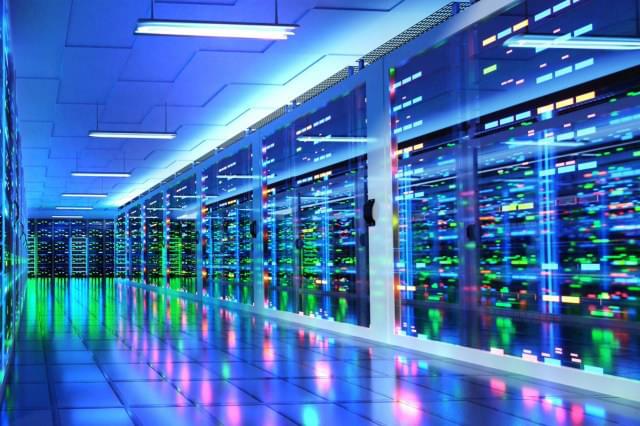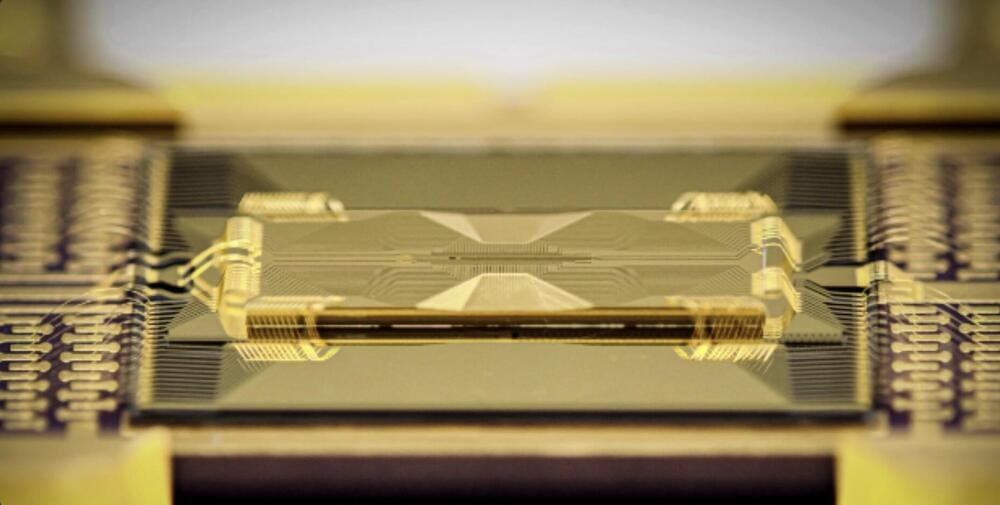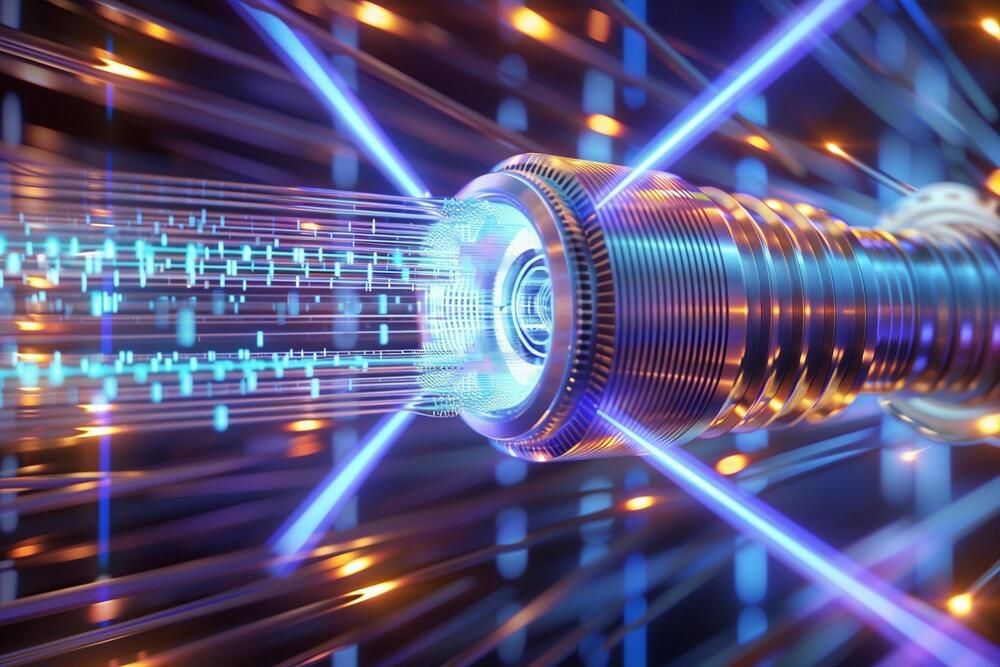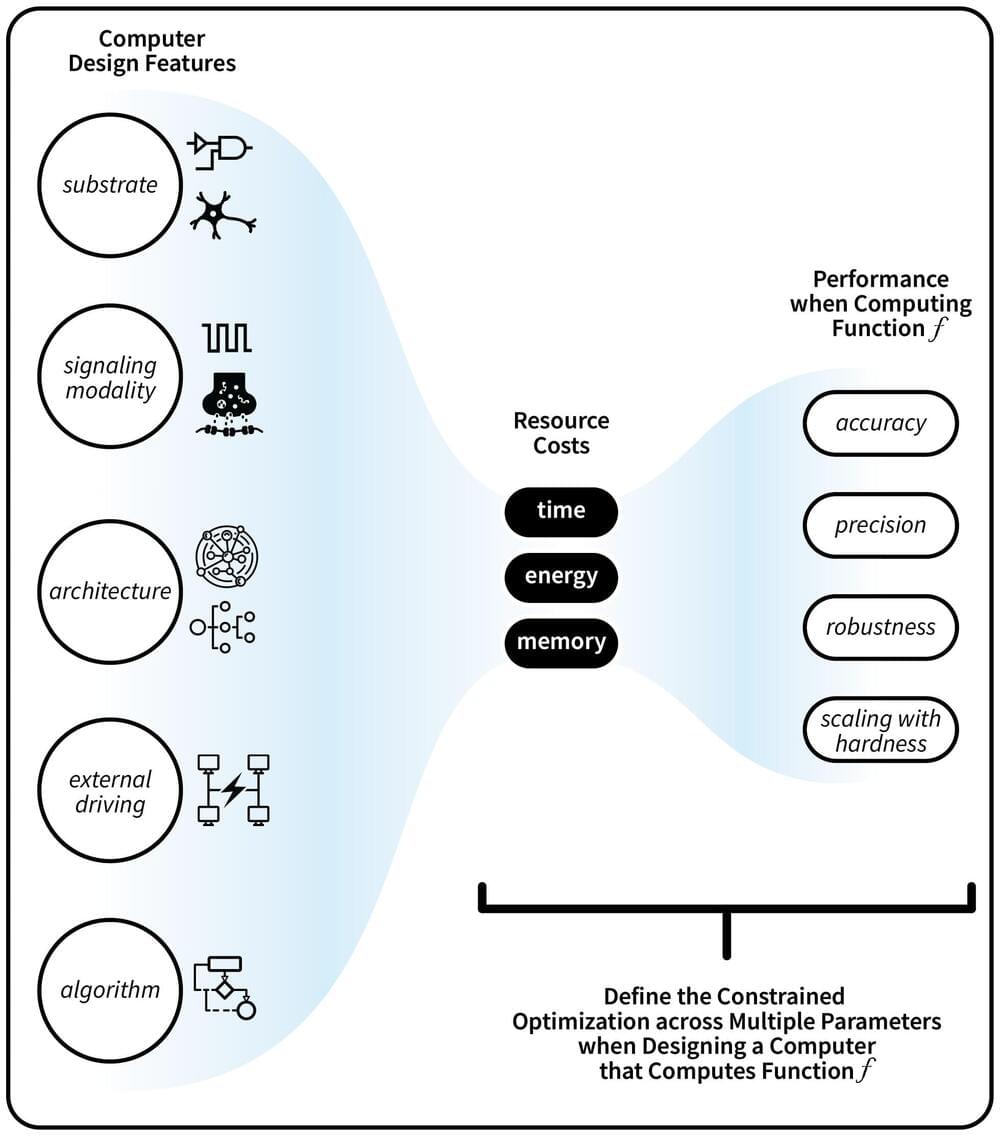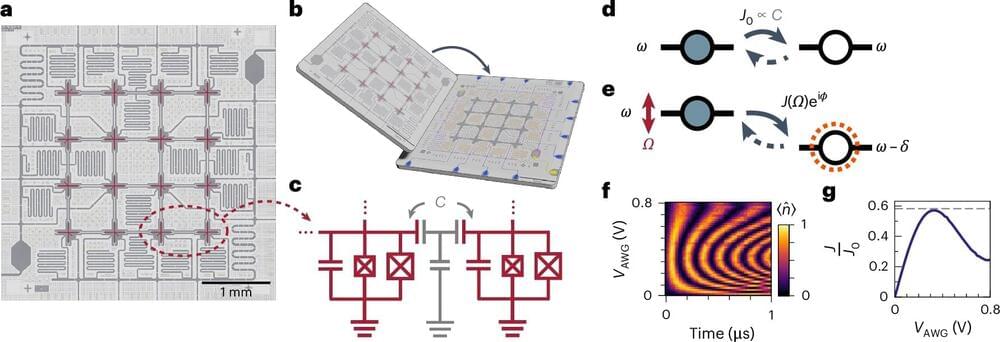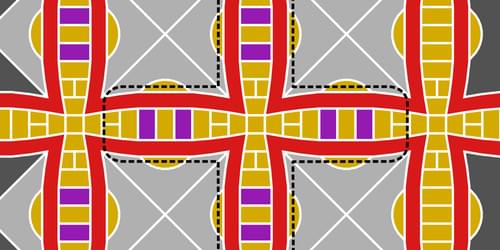However, for the first time, two dark matter experiments have detected a neutrino fog, a dense cloud of neutrinos. This discovery is reported by researchers from XENON and PandaX — two scientific experiments that aim to detect dark matter, operating independently in Italy and China respectively.
“This is the first measurement of astrophysical neutrinos with a dark matter experiment,” Fei Gao, a scientist involved in the Xenon experiment, said.
Neutrinos are typically detected through coherent elastic neutrino-nucleus scattering (CEvNS), a process in which neutrinos interact with the entire nucleus rather than just a proton or electron.
